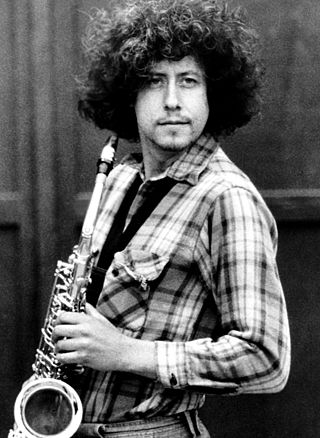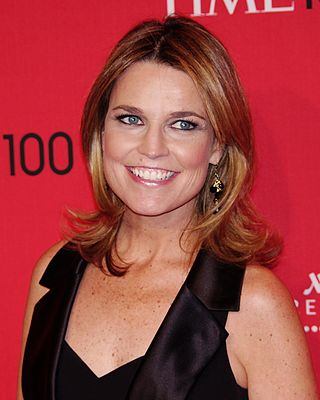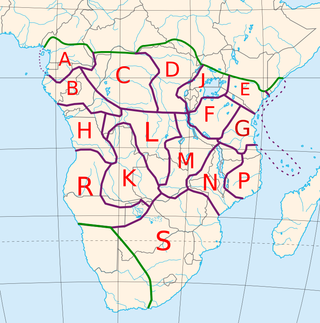Related Research Articles

Arlo Davy Guthrie is an American folk singer-songwriter. He is known for singing songs of protest against social injustice, and storytelling while performing songs, following the tradition of his father, Woody Guthrie. Guthrie's best-known work is his debut piece, "Alice's Restaurant Massacree", a satirical talking blues song about 18 minutes in length that has since become a Thanksgiving anthem. His only top-40 hit was a cover of Steve Goodman's "City of New Orleans". His song "Massachusetts" was named the official folk song of the state, in which he has lived most of his adult life. Guthrie has also made several acting appearances. He is the father of four children, who have also had careers as musicians.

Woodrow Wilson Guthrie was an American singer-songwriter, one of the most significant figures in American folk music. His work focused on themes of American socialism and anti-fascism. He has inspired several generations both politically and musically with songs such as "This Land Is Your Land", written in response to the American exceptionalist song "God Bless America".

Cocteau Twins was a Scottish rock band active from 1979 to 1997. They were formed in Grangemouth by Robin Guthrie and Will Heggie (bass), adding Elizabeth Fraser (vocals) in 1981 and replacing Heggie with multi-instrumentalist Simon Raymonde in 1983. The group earned critical praise for their ethereal, effects-laden sound and the soprano vocals of Fraser, whose lyrics often eschew any recognisable language. They pioneered the 1980s alternative rock subgenre of dream pop.
"Alice's Restaurant Massacree", commonly known as "Alice's Restaurant", is a satirical talking blues song by singer-songwriter Arlo Guthrie, released as the title track to his 1967 debut album Alice's Restaurant. The song is a deadpan protest against the Vietnam War draft, in the form of a comically exaggerated but largely true story from Guthrie's own life: while visiting acquaintances in Stockbridge, Massachusetts, he is arrested and convicted of dumping trash illegally, which later endangers his suitability for the military draft. The title refers to a restaurant owned by one of Guthrie's friends, artist Alice Brock; although she is a minor character in the story, the restaurant plays no role in it aside from being the subject of the chorus and the impetus for Guthrie's visit.

The Guthrie Theater, founded in 1963, is a center for theater performance, production, education, and professional training in Minneapolis, Minnesota. The concept of the theater was born in 1959 in a series of discussions between Sir Tyrone Guthrie, Oliver Rea and Peter Zeisler. Disenchanted with Broadway, they intended to form a theater with a resident acting company, to perform classic plays in rotating repertory, while maintaining the highest professional standards.
Guthrie Group Limited was a Singaporean-Malaysian company that primarily dealt with plantations. It merged with three other plantation groups to form the world's largest plantation company with the name of Sime Darby Berhad.
Guthrie was founded in Singapore in 1821 by Alexander Guthrie as the first British trading company in Southeast Asia. Guthrie introduced rubber and oil palm in Malaysia in 1896 and 1924, respectively.

Savannah Clark Guthrie is an American broadcast journalist and attorney. She is a main co-anchor of the NBC News, morning show Today, a position she has held since July 2012.
James Guthrie was a Scottish motorcycle racer.

The 250 or so "Narrow Bantu languages" are conventionally divided up into geographic zones first proposed by Malcolm Guthrie (1967–1971). These were assigned letters A–S and divided into decades ; individual languages were assigned unit numbers, and dialects further subdivided. This coding system has become the standard for identifying Bantu languages; it was the only practical way to distinguish many ambiguously named languages before the introduction of ISO 639-3 coding, and it continues to be widely used. Only Guthrie's Zone S is (sometimes) considered to be a genealogical group. Since Guthrie's time a Zone J has been set up as another possible genealogical group bordering the Great Lakes.

Steven Brett Guthrie is an American businessman and politician serving as the U.S. representative for Kentucky's 2nd congressional district. The district is in central Kentucky and includes Fort Knox, Owensboro, Bowling Green, and Danville. Guthrie previously served as a Republican member of the Kentucky Senate.

Guthrie's is a fast casual franchised restaurant chain headquartered in Auburn, Alabama, United States. The first restaurant was opened in Haleyville, in 1965 by Hal Guthrie. By 1978 the menu would consist primarily of chicken fingers, signature sauce, French fries, coleslaw and Texas toast, becoming the first to largely center its menu on chicken fingers. Today the chain has grown to include 36 stores across six states with plans to expand further.
Mijikenda is a Bantu dialect cluster spoken along the coast of East Africa, mostly in Kenya, where there are 1.9 million speakers but also in Tanzania, where there are 100,000 speakers. The name Mijikenda means "the nine settlements" or "the nine communities" and refers to the multiple language communities that make up the group. An older, derogatory term for the group is Nyika which refers to the "dry and bushy country" along the coast.
The Buja–Ngombe languages are a group of Bantu languages reported to be a valid clade by Nurse & Philippson (2003). They are Buja (C.37), the Ngombe languages (C.41), and Tembo (C.46):
Kare or Kari is a poorly documented Congolese Bantu language of uncertain affiliation. There are scattered speakers in the Central African Republic.
The Guru language, or Boguru, is a poorly documented South Sudanese Bantu language of uncertain affiliation. For a while, a number of speakers were refugees in DR Congo, but the language is apparently now extinct there as well.
Ngbee is an extinct Bantu language of uncertain affiliation. Guthrie assigned to the Nyali cluster, Ethnologue leaves it unclassified, and Glottolog places it near the Ngendan languages.
Beeke is a Bantu language of uncertain affiliation. Guthrie assigned to the Nyali cluster. However, Ethnologue suggests that it may be a divergent form of Bali. It is 65% cognate with Bali, but 38% with the Nyali language Ndaka.
Hijuk is a minor Bantu language of Cameroon. Guthrie had left it unclassified within the Bafia languages (A.50), but according to Ethnologue 16, it has only 45% lexical similarity with Bafia, and 84% with Basaa.
Nindi is a minor Bantu language of Tanzania. Classified as Bantu N.10 by Guthrie and said to be close to Ndendeule, it is presumably one of the Rufiji–Ruvuma languages with the rest of the N.10 group.
Shinji (Sinji), or Yungo, is a Bantu language of the Democratic Republic of the Congo, between Mbangala and Yaka.
References
- ↑ Bwela at Ethnologue (18th ed., 2015) (subscription required)
- ↑ Jouni Filip Maho, 2009. New Updated Guthrie List Online
- ↑ Hammarström, Harald; Forke, Robert; Haspelmath, Martin; Bank, Sebastian, eds. (2020). "Bwela". Glottolog 4.3.